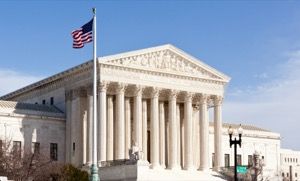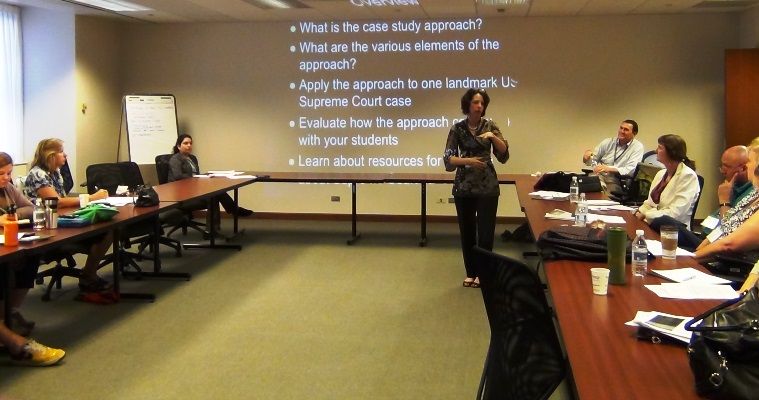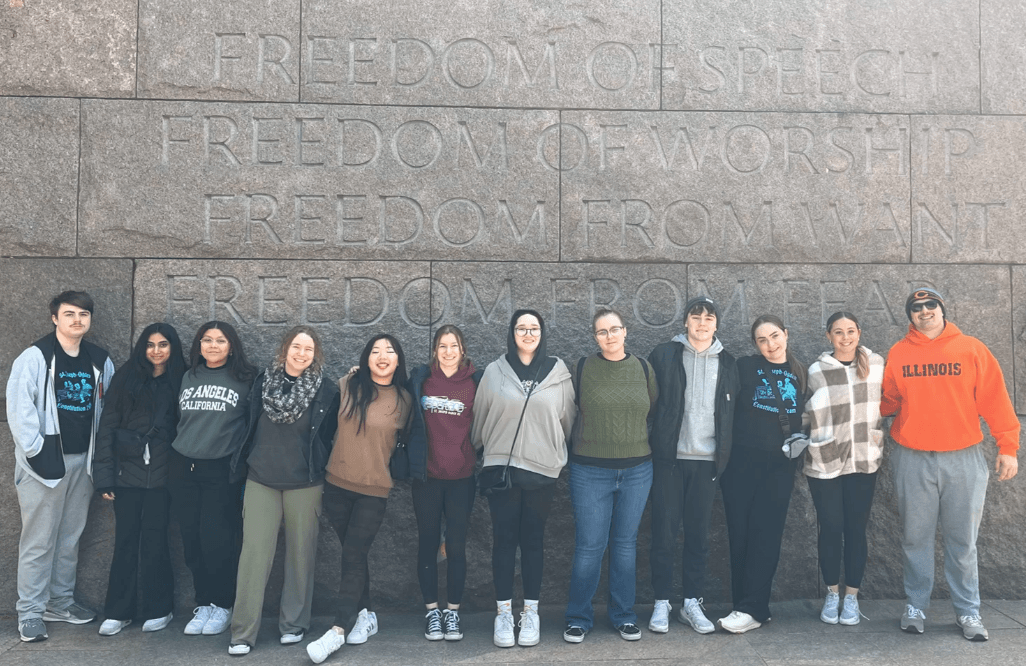2023 Supreme Court Summer Institute
July 19-21, 2023*
9:00 AM - 2:00 PM (lunch and materials are provided)
$50 registration fee
* July 21, day ends at 12:00 pm.
This institute is designed to promote a greater understanding of the Supreme Court of the United States and its role in American government. Participants will meet with legal scholars, former U.S. Supreme Court clerks, and other experts to review and discuss implications of significant decisions from the Court's latest term and will also discuss current issues facing the Court. The institute will also highlight how to use SCOTUS cases to address the teaching of “inclusive history” – focused on religion, AAPI cases, and LGTBQ cases.
The institute will feature resources about the issues, the Court, and the decisions along with classroom-ready materials.
At a critical time in our democracy where misinformation and polarization are making it harder for Americans to resolve disagreements about public policy and law, the examination of Supreme Court cases can enrich understanding of the Constitution and the courts. Engaging in civil policy discussions with others with varying viewpoints can foster a deeper understanding of complex issues, promote critical thinking, and contribute to the development of well-rounded and informed perspectives.
Join the Constitutional Democracy Project, under the direction of the Institute on the Supreme Court of the United States (ISCOTUS) at IIT Chicago-Kent College of Law for an institute designed to enhance teacher practice with content knowledge about the Supreme Court and timely court cases.
Participants can earn one PD credit for every hour of instruction. Participants who attend the entire institute will be eligible for free admission to the annual conference held in October.
For questions or if you need additional information, contact Dee Runaas.

2023 Cases Highlighted
303 Creative LLC v. Elenis
Does application of the Colorado Antidiscrimination Act to compel an artist to speak or stay silent violate the Free Speech Clause of the First Amendment?
Allen v. Milligan
Does Alabama’s 2021 redistricting plan for its seven U.S. House seats violate Section 2 of the Voting Rights Act?
Moore v. Harper
Under the U.S. Constitution, does the state legislative body, independent of any constraints by state courts or other laws, have sole authority to regulate federal elections?
Students for Fair Admissions v. University of North Carolina
May institutions of higher education use race as a factor in admissions? If so, does UNC’s race-conscious admissions process violate the Fourteenth Amendment of the Constitution?


